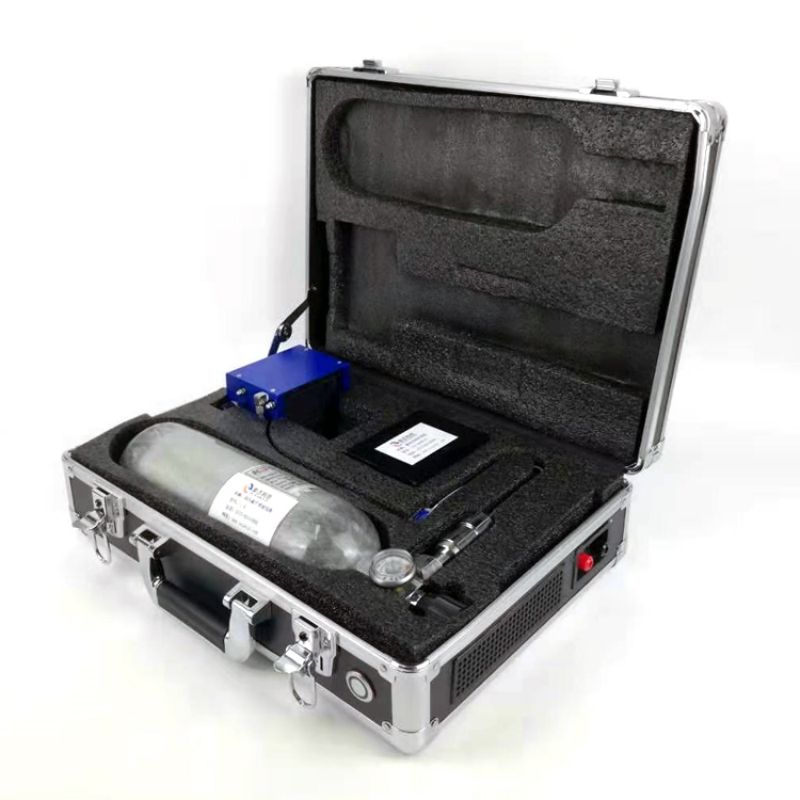What is a hydrogen fuel cell and how does it work?
2023-12-22
A hydrogen fuel cell is an electrochemical device that generates electricity through a chemical reaction between hydrogen and oxygen, producing electrical energy, water, and heat as byproducts. It operates similarly to a battery but generates electricity continuously as long as hydrogen fuel is supplied.

Here's how a hydrogen fuel cell works:
1. Hydrogen Input: Hydrogen gas (H2) is fed into the anode (negative electrode) of the fuel cell. The hydrogen molecules split into protons (H+) and electrons (e-) through a process called electrolysis. The electrons are directed through an external circuit, creating an electrical current.
2. Proton Exchange Membrane (PEM): A proton exchange membrane, also known as an electrolyte, separates the anode and cathode within the fuel cell. It allows protons to pass through while blocking electrons. The membrane ensures that only protons can move between the anode and cathode.
3. Electron Flow: The electrons that are released during the hydrogen oxidation process at the anode cannot pass through the proton exchange membrane. Instead, they are directed through an external circuit, creating an electric current that can power an electric motor or charge a battery.
4. Oxygen Input: Simultaneously, oxygen from the air is directed to the cathode (positive electrode) of the fuel cell. At the cathode, oxygen molecules (O2) react with protons that have passed through the membrane and electrons from the external circuit to form water (H2O) as a byproduct.
5. Electricity Generation: The flow of electrons through the external circuit generates electricity, which can be utilized to power electric vehicles, provide electricity to buildings, or drive various electrical devices and machinery.
6. Water and Heat Generation: The only byproducts of the hydrogen and oxygen reaction within the fuel cell are water vapor and heat. This makes hydrogen fuel cells environmentally friendly, producing clean water as the exhaust and minimal greenhouse gas emissions if the hydrogen is produced using renewable energy sources.
Hydrogen fuel cells are considered a promising technology for clean energy because they produce electricity without combustion, emitting no pollutants or greenhouse gases when hydrogen is produced using renewable energy sources. They have applications in transportation (fuel cell vehicles), stationary power generation, and various industrial and portable uses where clean and efficient power generation is required.


